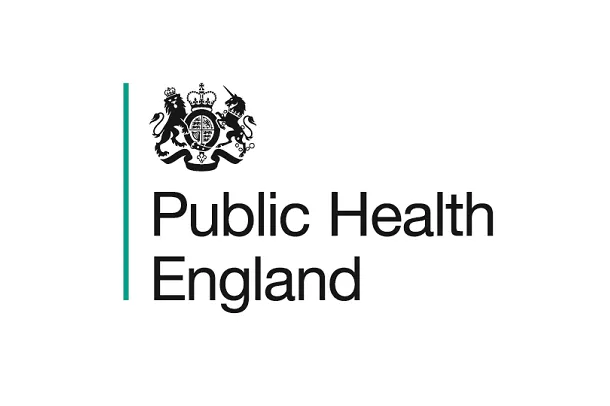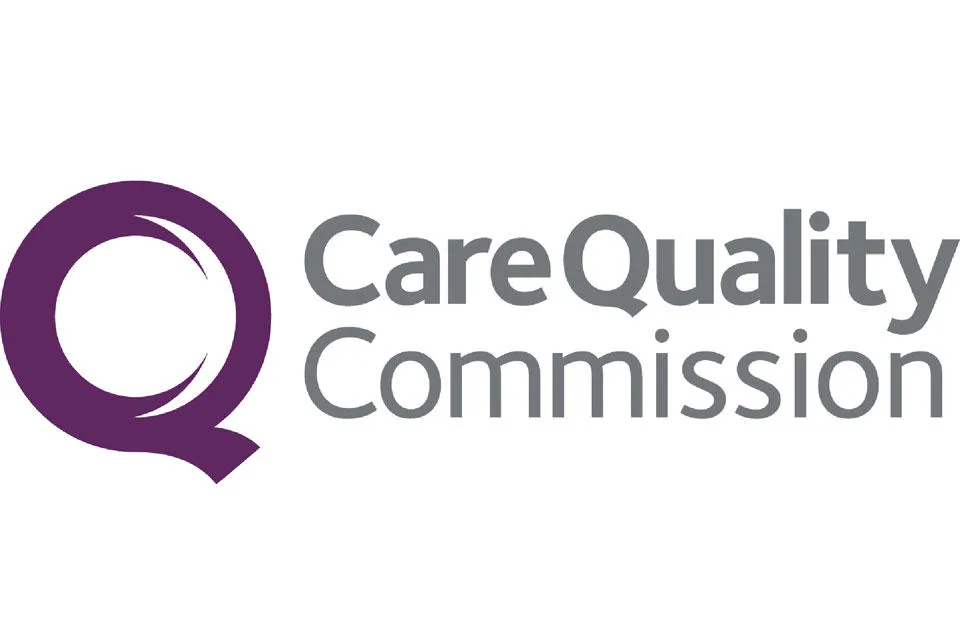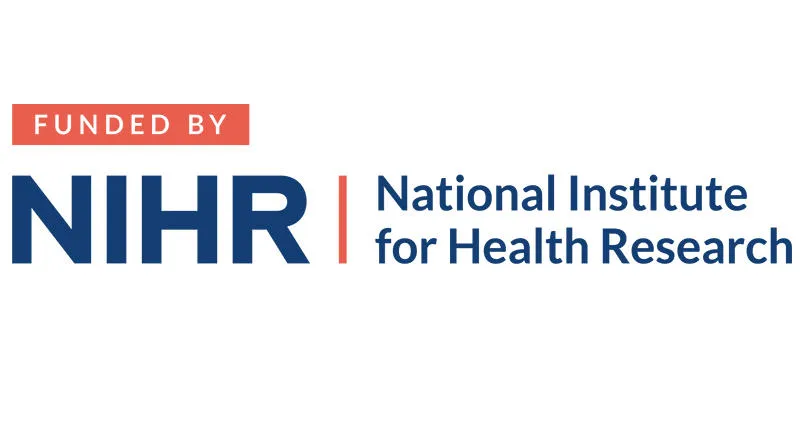Health

Big & Routine Data-Based Palliative & End of Life Care Research
The big data research projects include a range of research studies that use large-scale routinely collected datasets (including structured and unstructured datasets) to explore various end-of-life outcomes and to generate evidence to enable policymakers, commissioners, and healthcare professionals to use them directly in their decisions to improve palliative and end-of-life care. These research studies include:
- Geographical variations in multimorbidity clusters and their impact on health, services and costs using the National Death Registration database
- End of life care for patients with serious mental disorders using the Mental Health Services Data set
- The impact of COVID-19 pandemic on health and social care services using the Clinical Practice Research DataLink (CPRD-COVID Project)
- Identifying avoidable hospitalisations at the end of life using electronic health records
Aims
Our Partners

Public Health England

Care Quality Commission (CQC)
Project status: Ongoing





